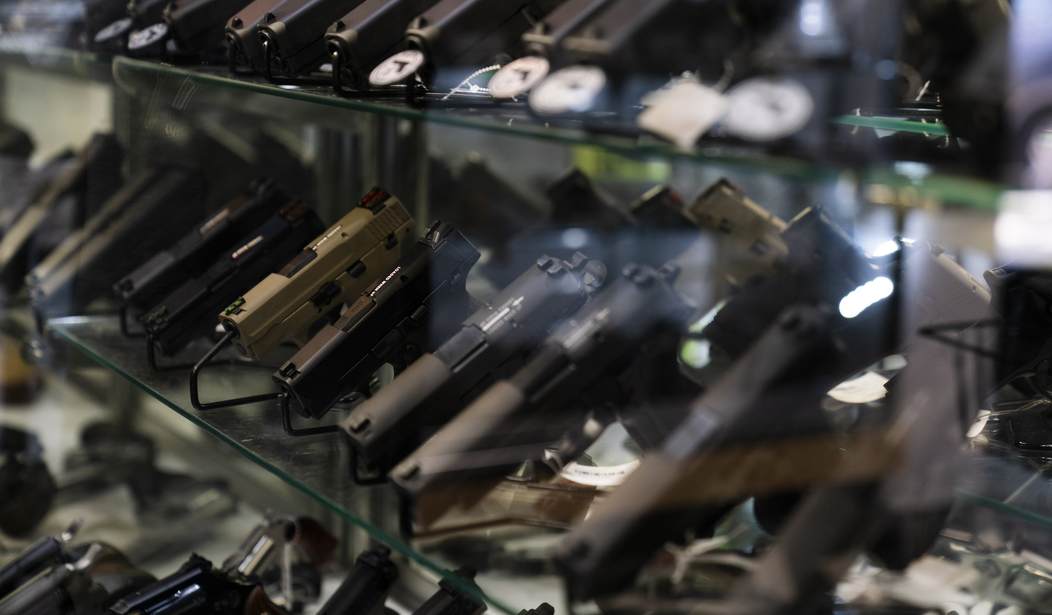We focus on the gun debate here because, well, look at our name for a moment. With a name like that, you're not covering trade disparities with China. We're going to focus on guns.
However, the American voter has a lot of priorities that may shift from election to election. This year, the economy is a major concern for anyone who has to pay for groceries. What was $100 worth of groceries in 2019 now seems to cost $250--and that's just what it feels like. That's not hard data or anything--so yeah, they're concerned about inflation and how we're going to get that under control.
But guns are still an issue.
How much of an issue? Well, that's up for debate, but according to ABC News, they're still a major concern for voters.
From the June 28 debate between President Joe Biden and former President Donald Trump to the Oct. 1 vice presidential debate of Minnesota Gov. Tim Walz and Ohio Sen. JD Vance, at least 134 people were killed in 148 mass shootings across the United States, according to the Gun Violence Archive.
But during those roughly three months and since, the issue of gun violence prevention, according to some advocates, has been overshadowed by a flurry of hot-button campaign topics: The state of the economy, abortion rights, wars raging in the Middle East and Ukraine, two assassination attempts on Trump and the shifting political landscape in which Vice President Kamala Harris succeeded Biden as the Democratic nominee.
"Gun violence is still one of the most important issues facing our country. We still have an ongoing epidemic," said Nicole Hockley, the CEO of Sandy Hook Promise -- a gun violence prevention group she co-founded following the 2012 mass shooting at Sandy Hook Elementary School in Newtown, Connecticut, that left 20 children, including her son, and six adult staff members dead.
...
"I do appreciate that there are many other large issues and hot topics like the economy, like abortion, like foreign wars that are of interest to voters as well," said Hockley, whose nonpartisan group does not endorse candidates nor donate to campaigns.
She added, "Perhaps there is an assumption, rightly or wrongly, that everyone already knows what each candidate's opinion is and what they are likely to do in terms of gun violence prevention, whereas they might not be as clear on things like policies around the economy."
But the above-linked article also notes that an August poll has guns as the eighth most important issue for many voters.
I get that the CEO of Sandy Hook Promise thinks guns are a big issue and should be the driving force. As someone on the opposite side of the debate from her, I also think guns are a vital issue to the future of this country.
Yet the truth of the matter is that for many voters, it's just not what drives them. That's why all those polls that claim the majority want some degree of gun control are meaningless. They might want that, but it's not an issue that will win any candidate the election--though it might cost a few of them--so it's just not going to mean a whole lot that they support something like universal background checks if they're not going to vote based on that support.
But a group like Sandy Hook Promise fundraises on the issue of guns. The more important the issue of gun control is, the more money they raise. Plus, when you're a single-issue group, it's easy to see that as the most important issue even if you're the only one.
So how big of an issue is the gun debate? Not as much of one as Sandy Hook Promise wants it to be.








Join the conversation as a VIP Member